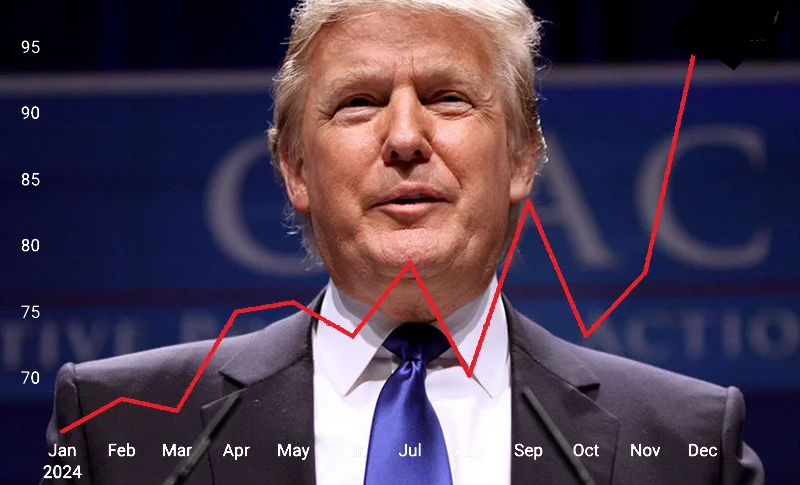Market Reacts to Auto Tariff Announcement
Last week, the White House confirmed its plan to proceed with a 25% tariff on imported cars, set to take effect on April 2. The announcement sent shockwaves through the auto sector, triggering an immediate selloff in major U.S. automakers. General Motors (GM) saw its stock plunge by 10%, while Ford (F) dropped 5% in after-hours trading.
Although the administration is still considering potential exemptions for auto parts, fully assembled imported vehicles will likely face the steep tariff. The new policy aims to protect domestic manufacturing but raises concerns over higher vehicle prices, supply chain disruptions, and potential retaliatory tariffs from trade partners.
White House Weighs a Three-Tier Tariff System
According to Sky News editor Ed Conway, the White House is considering a three-tiered tariff system that would impose 10%, 15%, or 20% duties, depending on the country and industry. This structure, if implemented, would allow for greater flexibility and leave room for negotiations, unlike the previously proposed flat 25% duty on all imports.
The potential for trade talks and exemptions has eased some market fears, as automakers and global partners closely monitor how the final policy takes shape. For now, uncertainty remains, but both GM and Ford have managed to post strong Q1 sales figures despite the looming tariffs.
GM Reports Strong Q1 Sales, EV Growth Surges
General Motors delivered 693,363 vehicles in the first quarter of 2025, marking a 17% year-over-year increase. The company’s electric vehicle (EV) sales nearly doubled, surging 94% to 31,887 units, making GM the second-largest EV seller in the U.S., trailing only Tesla.
Executives attributed the strong results to robust consumer demand, particularly for models that could soon be affected by the new import tariffs. Some analysts believe the threat of higher prices encouraged buyers to accelerate their purchases in the first quarter, boosting GM’s numbers ahead of schedule.
Despite the impressive sales growth, GM stock has struggled to break past the $50 mark, reflecting broader concerns about the long-term impact of tariffs on profitability and global competitiveness.
Ford Sees Slight Decline in Q1 Sales but Strength in Retail Demand
Ford reported total U.S. sales of 501,291 vehicles in Q1 2025, a 1.3% decline compared to the previous year. However, the drop was largely driven by a strategic reduction in rental fleet sales and the discontinuation of two models—the Edge SUV and Transit Connect van. If those factors were excluded, Ford would have recorded positive growth for the quarter.
Despite the overall decline, Ford’s dealership retail sales climbed 5% in March, fueled by strong consumer demand and a rush to buy vehicles ahead of the impending tariff hike. One of Ford’s standout performers was its F-Series pickup truck lineup, which saw sales jump 24% to 190,389 units, reaffirming the company’s dominance in the truck market.
Ford and GM Stocks Rebound as Investors Focus on Strong Sales
Following the sales report, both GM and Ford stocks recovered some of their recent losses. Ford’s stock closed above $10, gaining nearly 2%, while GM shares saw a modest recovery but still remain below $50.
The strong first-quarter performance from both automakers highlights resilient consumer demand and a growing appetite for electric vehicles, even as the industry grapples with tariff uncertainty and affordability concerns. Moving forward, much will depend on how trade negotiations unfold and whether new tariffs dampen demand or further drive up costs for automakers and consumers alike.





